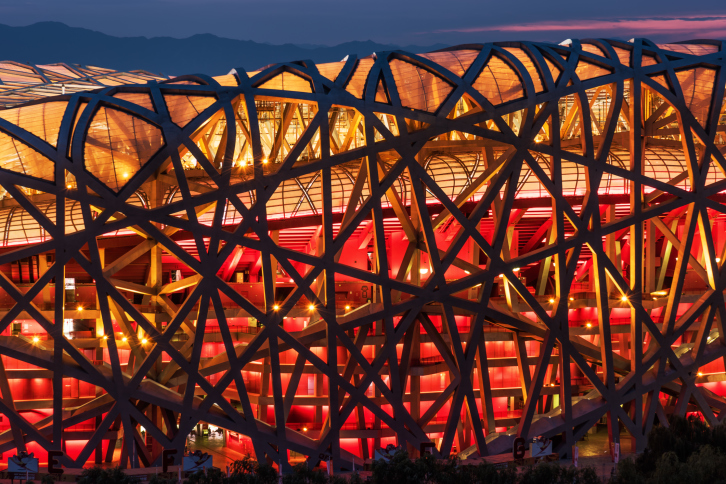Toronto and the 2024 Olympics: World-class cities host world-class events


Should Toronto throw it’s name in the hat—again—to host the Olympics?
The decision will come down Tuesday, when Mayor John Tory (still apparently undecided) will announce to the International Olympics Committee if the city plans to put in a bid. It may seem a bit late to make the decision, but after a highly successful Pan Am Games (admittedly a much, much smaller endeavor than the Olympics), which didn’t bring the city to the standstill some predicted and saw the events full of excited fans, the debate, which only a few months ago seemed dead in the city’s harbour has again boiled over. Citizens are divided.
World-class cities host world-class events. There are no shortage of horror stories of Games venues left to die. Overgrown and untended, they can become the home for a city’s stray dogs, but the most recent Games in London have also shown this doesn’t have to be the case. The venues are still put to use when the need arises and, for all the worries Londoners had (which now seem inevitable in hosting the Games), there are few who will forget watching Mo Farah complete his historic double gold and not many who today consider them to have been as terrible an idea as they seemed beforehand.
There are things Toronto needs more than the Olympic Games – transit infrastructure spending being the forefront concern for most. But transit infrastructure is also something which finally seems to get done when the Games come to town. It happened for the Pan Am Games, and it will happen again if city hosts the Olympics. Building subways doesn’t need a major international event to happen, but it forces it, breaking seemingly endless political gridlock.
Toronto, if Tory decides to make a bid, has a strong shot at being selected. It was the first runner-up to Beijing when the selection was made for the 2008 Games, and the event hasn’t been held in North America since 1996 when the it was hosted in Atlanta. The IOC has noted they’re paying more attention in bringing selections to cities which show the ability to offer already-existing venues, something Toronto has a few of (though not enough), though they will need some renovations.
Most notably, the city lacks a stadium suitable to host the athletics events and the opening and closing ceremonies, an 80,000-plus seat monster which would likely not be filled again in the city. Though it also lacks a modern stadium of any sort which will seat 45-50,000. A venue like this, expanded temporarily to host the Games, would be a welcome addition.
Rio will next year host the Olympics on the back of what would be a very similar path, deciding very shortly after hosting the 2007 Pan Am Games to bid on the 2016 Olympics. Of course we’ll need to wait until next summer to see how that plays out. Right now it’s being talked about as if it will be the worst Olympics ever, an increasingly common way of discussing every upcoming Games until it turns out to be not nearly so bad.
They come with a hefty price tag, venue spending alone estimated in the $4-6 billion range and waiting until the last minute certainly doesn’t seem like the best way to make a decision, but given the recent wrap-up of the Pan Am Games it’s understandable city officials wanted as many days as possible to evaluate the options.
If Toronto makes the decision not to bid for the Olympics it isn’t the biggest blow to the city, especially considering the circumstances, but to write-off ever bidding for the Games over worries of costs seems a submission to mediocrity. World-class cities should host world-class events, and Toronto should consider itself a world-class city.


